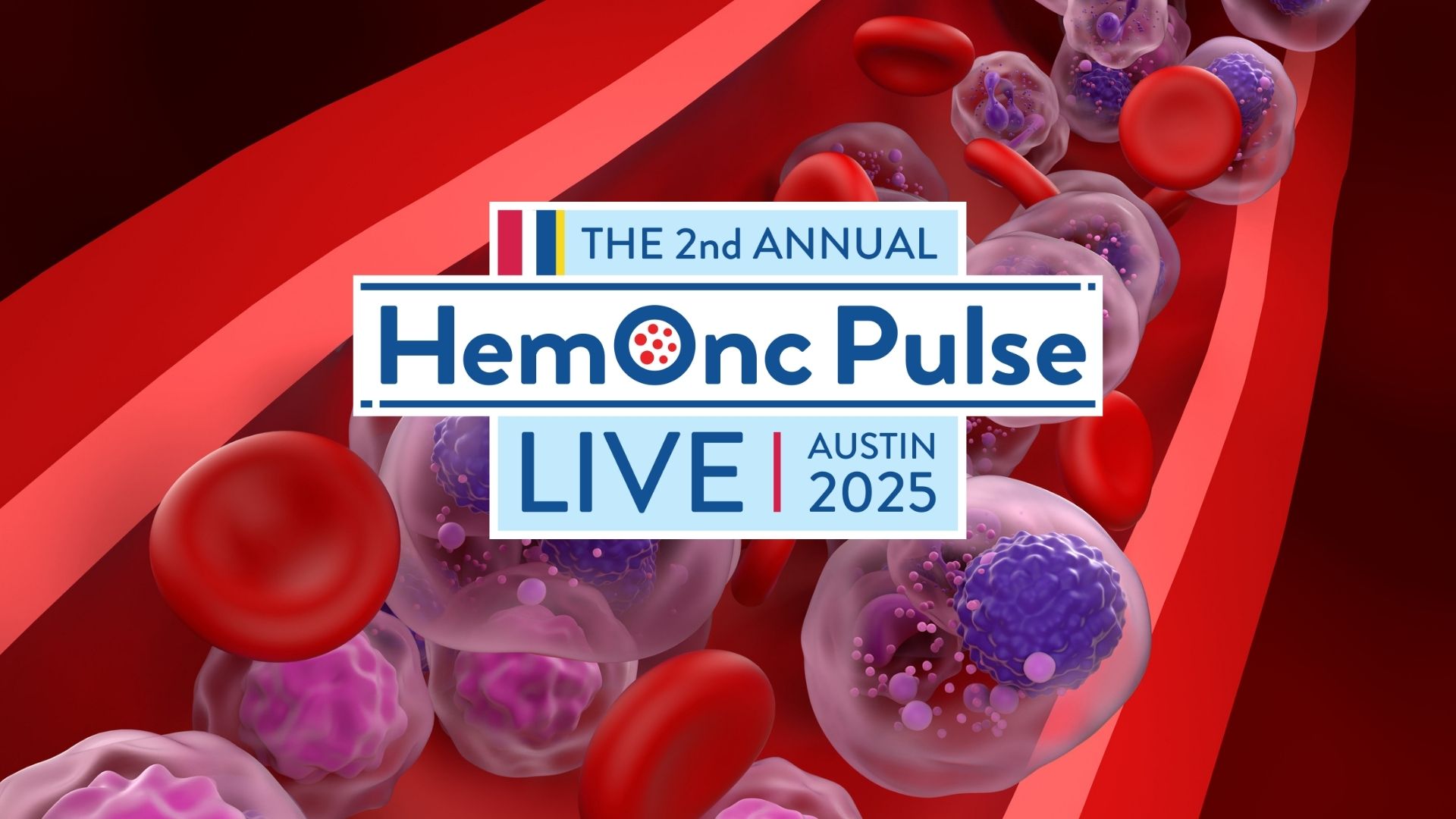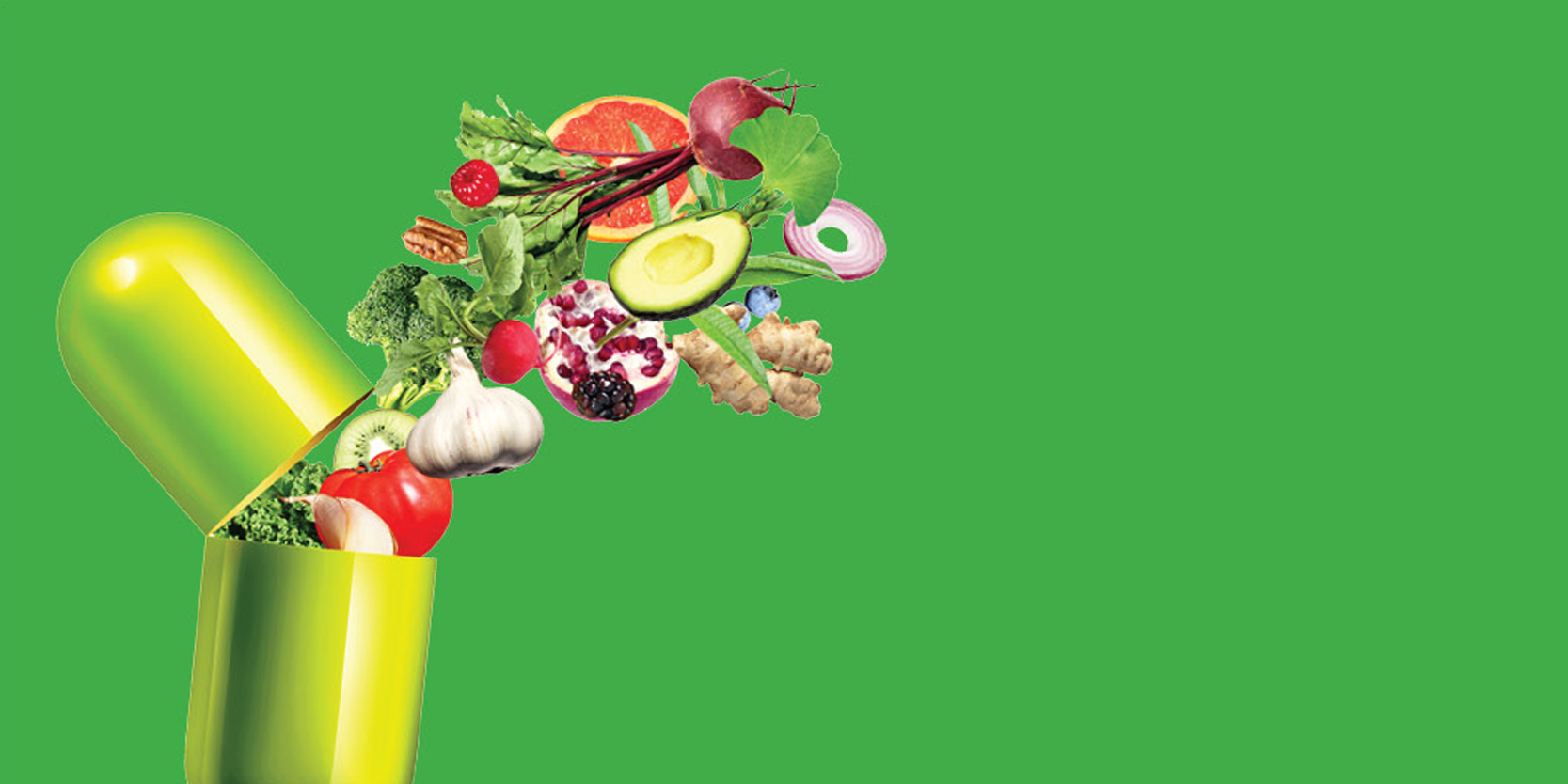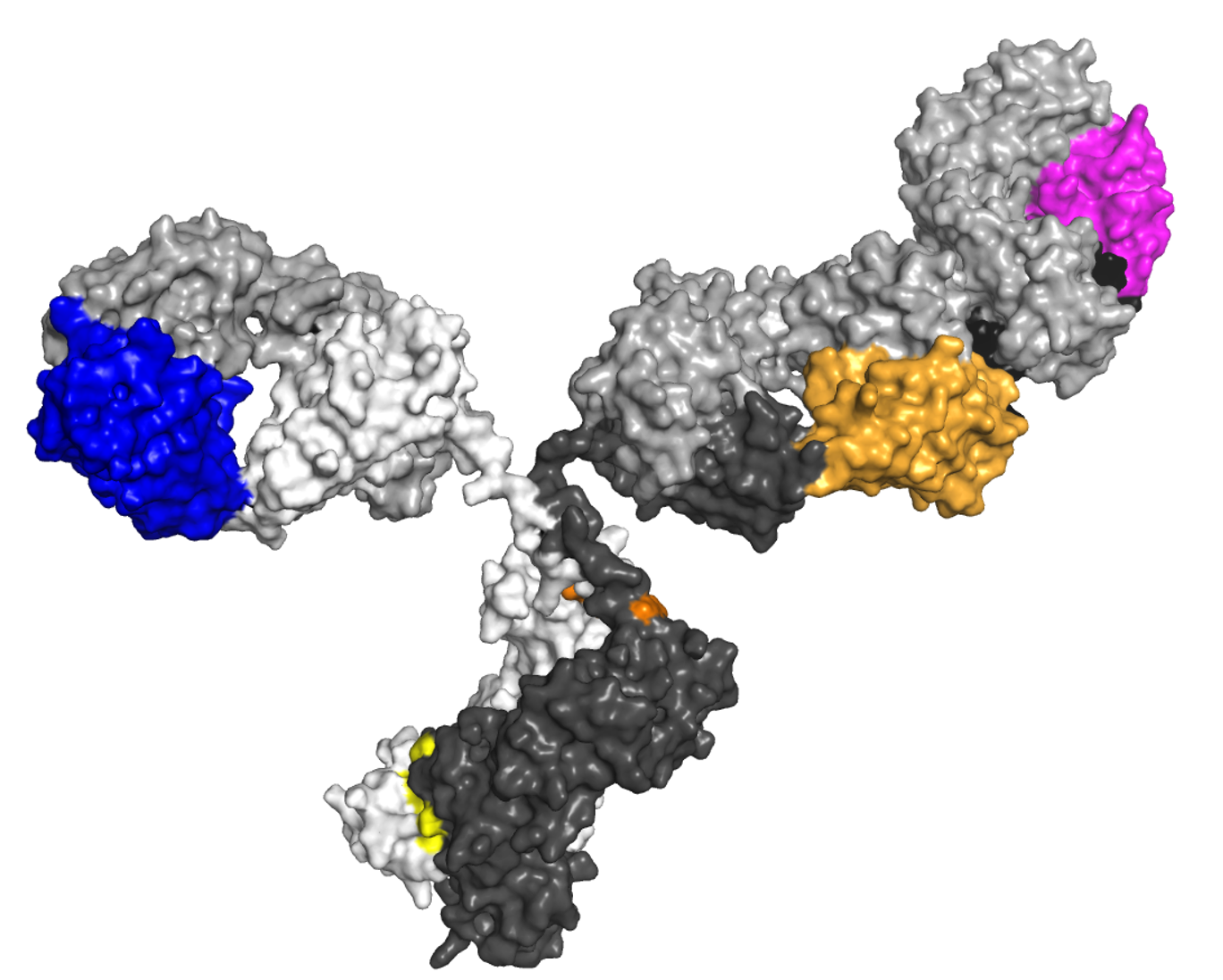
Dr. Raje, a Professor of Medicine at Harvard Medical School and Director of the Multiple Myeloma Program at Massachusetts General Hospital, reflects on the mentors who shaped her career, seeing myeloma treatments go from the bench to the bedside, and the importance of understanding personal priorities during a career in academic medicine.
Where did you grow up, and when did you know that you wanted to be a physician? I grew up and trained in medicine in India. No one else in my family is a physician. I think the left brain and the right brain dominance is very different among us. All my siblings are more in the art and architecture world, and I didn’t have parents who were in the medical field.
I always thought I wanted to be a doctor, and I’m not sure why. I just pushed on and did medicine. When did I want to become an oncologist? That happened a lot later. Once I did medicine—which was something that I started on a whim—it became ingrained, and I couldn’t think of doing anything else. My alternative plan, to be honest, was if I didn’t get into medical school, I was going to go into catering, because I love it. I’m a bad cook, I will tell you that, but that was my alternative plan. Thankfully, it didn’t go down that way.
That’s how I started off in medicine. In terms of oncology—once I did medicine, I loved internal medicine, I loved the complexity of internal medicine. I wanted to specialize, but I did not want to specialize in one kind of organ. I didn’t want to do cardiology or gastrointestinal specialization. Oncology gives you the opportunity to study all systems. A lot of what we do is internal medicine, which was special to me. I think that’s why I ended up doing oncology.
Were there any particular mentors who shaped your path in medicine? I had a lot of mentors along the way. I think my biggest influence outside of the academic world was my father, who really believed in me and pushed me. He allowed all of us to do what we wanted to do and gave us every opportunity to pursue our interests. I wouldn’t have gone into medicine without my father pushing me down that road. It was not because he wanted me to do it, it was that he knew that I wanted it. I think that was special.
Along the way, I’ve had many, many mentors, and I am so grateful for that. It’s not always easy to find mentors, but my mentors have been incredibly supportive. They’ve not just been mentors; they’ve been mentors and sponsors. They’ve helped me, they’ve guided me when I needed it, and they’ve allowed me to grow.
It started off very early back in India when I began doing medical oncology. My first mentor was Dr. Suresh Advani. I’m still in touch with him and keep him posted on where I am in life, because he has been such a big influence on me. Dr. Ken Anderson has also been an incredibly big part of my career. He’s really shaped how I think about research in multiple myeloma, even clinical work and translational work. He has been pretty special; he has helped guide me along in my career. I have many other mentors within the myeloma world and outside of the myeloma world as well. It’s always nice to get mentors in the myeloma world, like Dr. Sundar Jagannath who’s been incredible. He is one of the most giving individuals in terms of advice and knowledge. He is extremely supportive.
People like Dr. Nikhil C. Munshi have been fantastic in helping me along my journey. Outside of that, folks within my institution, leaders within my institution have always been exceedingly supportive. That’s been incredibly helpful. Having these mentors from within my specialty, as well as outside my specialty, has helped me see things more clearly and has helped ground me.
I also want to mention Dr. David Roodman, who really influenced why I ended up doing the research path that I did. He’s been influential in me taking on bone disease, which I never would have thought of doing without him pushing me on.
How have you seen research and treatment for multiple myeloma evolve over your career? I live in Boston. I feel very spoiled. I tell my children they are very spoiled—I’m going to use the sports analogy here—because in Boston we’ve seen too many championships as my kids have grown up.
I honestly feel like a kid in a candy store. When I started out here, all the drugs that we have right now were drugs that I knew by numbers. Bortezomib, for example, was PS-341. I was pipetting it in Dr. Ken Anderson’s lab. I never once thought that it was going to be used in patients. For us to be able to see within our lifetime the drugs that we worked with in the lab make a difference to patients has been the most empowering experience. That’s part of the reason why I keep doing what I do.
There’s a lot more work to do, but for me to be able to see the kind of drug development and the approvals for our patients over the last 15 to 20 years has been incredible. Being involved in all the drug approvals and all the changes in the treatment of multiple myeloma has been very special.
What do you think are some of the major unanswered questions and challenges that remain in the field of multiple myeloma? The good news is we have lots and lots of drugs, and we are doing better every year. Even through the pandemic, we had lots of drugs approved, including novel drugs like immunotherapies. And yet, I think our goal now is to cure myeloma.
The challenge is to transform this disease—which has already transformed into a chronic disease—to a curative platform. I think we’re already maybe halfway there; we are probably already curing about 50% of people. There is an unmet need in the subset of high-risk and ultra-high-risk patients we do not completely understand. It may not be all about the genetics of the myeloma, but it may be about what surrounds the myeloma tumor cells in the tumor microenvironment, which is of special interest to me in my research.
I think [looking at this] in an in-depth way, and then targeting it specifically is what’s ultimately going to make a difference. That’s where I think the need is. That’s where I think we are all moving toward. The good news is we have the tools to try and ask all these questions.
What are you most proud of in your career so far? I’ve enjoyed doing what I’ve done and being able to have a fantastic family. I can’t overstate how grateful I am for having an amazing husband and two incredible children. It’s hard when both partners are working. My husband’s a physician, so both of us were working and bringing up kids. And I feel very, very blessed and very, very fortunate. But it really doesn’t happen without compromises on both ends, understanding on both ends, and working in partnership so each of us had an opportunity to grow.
I think top-most on my list, even beyond career, is my family. I’m really proud of my absolutely amazing children who—despite both me and my husband being as busy as we’ve been—have done an incredible job. I have a daughter in medical school right now. I have a son who’s doing incredible work. I feel fortunate.
It does take a lot of commitment. It was a village that helped me through all the training and research years, and a very supportive partner. I’m incredibly grateful. In terms of my proudest moments, the things in my life I am proudest of are my kids. And then next, in my career, it’s not so much the pride, I just feel so fortunate. I truly, truly, truly feel humbled by being able to take care of our patients. Because taking care of my patients is what drives my research and having that relationship with my patients has been so special.
A lot of times people will say, “Why do you do clinic and do research?” and “How can you do both?” I think each of those experiences helps ground me and helps me know why I am doing what I’m doing when I see my patients. The relationship I have with my patients is that they’re like my extended family. I love what I’m doing for that reason. It pushes me. They are so incredible in terms of what they are willing to do for us. We just have to come up with the best that we can for them. That really is the driving force for what we do.
I feel fortunate that we’ve been able to get a lot of these drugs approved, and I feel tremendously grateful that I’ve been a small part of this. All that, to me, has been a blessing. It was a team effort. It was the opportunity of being at the right place at the right time. Being able to see this through is something that has been an amazing experience.
What inspiration or recommendations would you give to younger physicians or trainees in the field? I think there are so many pressures in life right now for young physicians, with the burden of care of patients, what we have to do with new systems in place, and so forth. I think it’s important for any young faculty member to really know what it is that they want to do, and then pace themselves. It takes many, many years to get from point A to point B. It does require a lot of hard work, and everybody’s willing and able to do that. But give yourself time. Give yourself also the space to know that you’re going to fail at times. There are many times that you make many wrong decisions, but those decisions allow you to make other decisions, which hopefully will work out. Don’t be afraid to fail, because [failure] opens a new avenue. That’s the way I look at it. Learn from those past experiences. Have a strong network of people that you can rely on. Identify mentors. In my case, having mentors inside and outside of my institution, inside and outside of my specialty, was really important.
Invest in what’s important. To me, my family was incredibly important, having them be the backbone of what I’m able to do. Know how to prioritize things. When your kids need you, be there for them. It’s okay if your one paper goes in a month later, it’s not going to be the end of the world.
I really think knowing what it is that you want in life, giving yourself time—it’s never a three-year timeframe, it’s a little bit longer than that in academic medicine—is important. As long as you’re willing to allow for that, you’re going to be okay. Know that you may not do all the things that you set out to do, but even if you do half of those, that’s pretty good. Don’t be too hard on yourself either.
What do you like to do outside of work? As I mentioned, I would’ve gone to culinary school. Exercise is something I do, but what I love is food. I love binging on the Food Network shows. I’m not a great cook, but I love learning. I love experimenting. Cooking to me is sort of therapeutic. I love trying things. I also work out—running, biking—in my spare time.
Noopur Raje, MD, is a Professor of Medicine at Harvard Medical School and Director of the Multiple Myeloma Program at Massachusetts General Hospital.






 © 2025 Mashup Media, LLC, a Formedics Property. All Rights Reserved.
© 2025 Mashup Media, LLC, a Formedics Property. All Rights Reserved.